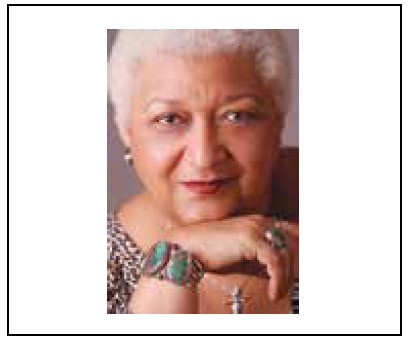
By Jewelle Gomez–
As a kid I loved listening to my family talk about heartbreak, surprises, outrages, faithless lovers, economic woes, etc. while I cleverly pretended to not be listening. I eagerly absorbed neighborhood info and wisdom about how assorted people navigated their joy or trauma. I think that’s what has always drawn me to “Agony Aunts” columns, advice columns published in newspapers, magazines, and digitally on-line.

Of course, it started for me with the Jewish, Minnesota twins’ columns, Dear Abby by Pauline Friedman Phillips, and Ann Landers by Esther Friedman Lederer. Their syndicated columns counseled people on issues like navigating interfering in-laws, dealing with handsy bosses or accepting a lesbian daughter. They were almost always surprisingly progressive. Both sisters have since gone to the great escritoire in the sky; but their success (more than 90 million readers each) ensures that the tradition lives on.

While the name, “agony aunts” implies that the columns were written only by women, that’s never been true. Robinson Crusoe author, Daniel Defoe, was one of the first in the 1700s. And not only white outlets featured advice columns. Princess Mysteria was a popular column in Chicago’s Black newspaper, The Defender, in the 1920s. Julia Golia’s book entitled Newspaper Confessions: A History of Advice Columns in a Pre-Internet Age has more scintillating tidbits.
Now every Sunday I turn to Philip Galanes’ column Social Q’s in The New York Times Style section. What to do when your girlfriend is Jewish and you discover your mother is intractably anti-Semitic? How to stop your ex from using your online passwords to stream movies? Galanes brings such empathy and intellect to his responses that I even bought his book. I always feel I’ve learned some new life-skill from his thoughtful answers.

The New York Times Magazine held a kind of audition in print for a new writer of the column The Ethicist. I was thrilled when Kwame Anthony Appiah was chosen to take over because he brings a slightly different background/viewpoint (philosopher, novelist, British, Ghanaian, gay). His responses are expansive and sensitive, never pedantic. What to do with your mother’s ashes if your father has asked his be mixed with hers but time and distance make it impractical? It’s good to know that a “wish” isn’t a contract, and more importantly, we learn to eschew guilt and get on with life.
Bonus Advice from Judge John Hodgman, also in The New York Times Magazine, is snappy and amusing. Who gets to name the second cat in a household? Hodgman’s responses are always witty, and how to resist his knowledge of obscure facts like the name of the Chancellor of the Klingon High Council!
Dear Prudence, one of many on-line columns, is now written for Slate by Jenée Desmond-Harrison, and often has amusing questions: Are my in-laws trying to steal my dog? Her answers are always spot on and direct.
I used to wonder, “Who are these people writing to strangers rather than talking to their friends?” But sometimes young people feel they can’t talk to anyone about their confusions: being queer, having straight hair, being too short, approaching a crush. Or adults are too embarrassed to reveal themselves to friends. So anonymous columns are perfect.
I think I still read them, including Dear Abby now penned by her daughter Jeanne Phillips, because it’s like deliberately listening to the conversations of my relatives and picking up nuggets of information about life. Or, having my finger on the pulse of the country. Or, maybe it’s just a short attention span exacerbated by too much Instagram?
Leave Signs
Published on January 12, 2023
Recent Comments